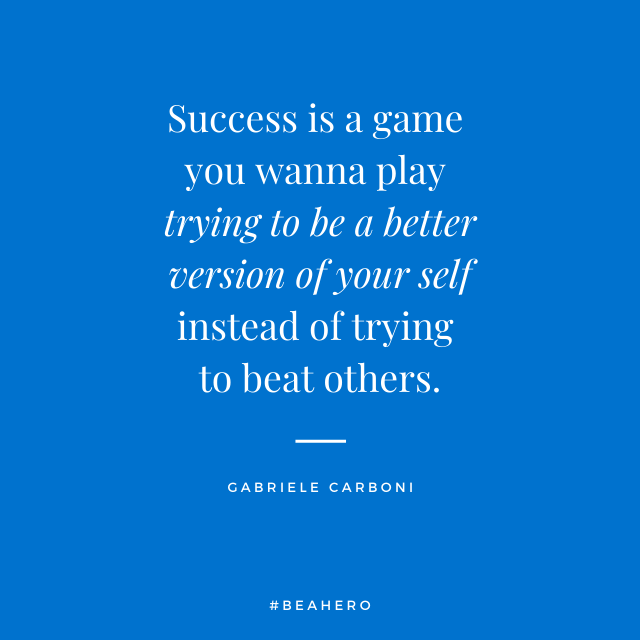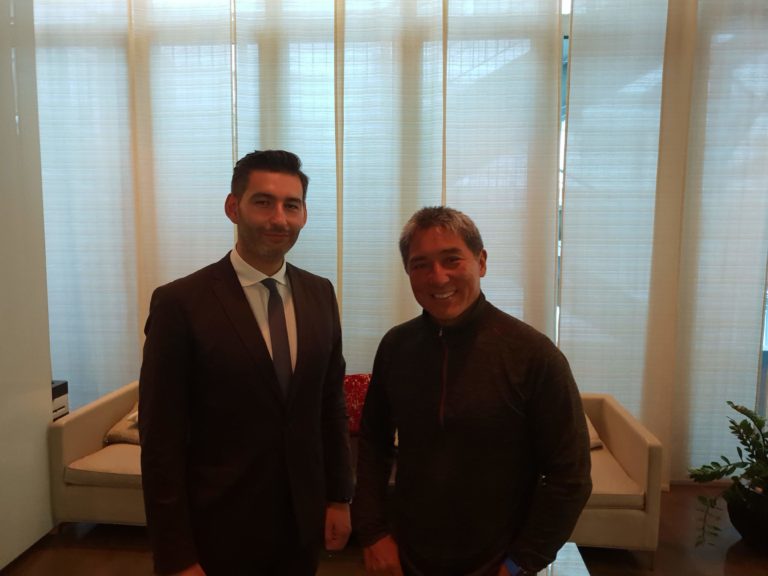The first step towards international digital marketing

You don’t need revolutions to embrace the digital transformation, but to step out of the comfort zone with small steps.
The new version of the Visual Communication Planner is out, get it for free!
Have you ever asked for a coffee in a restaurant during a trip abroad? I guess you used the term “coffee” in English. Or even better the translation into the local language.
You have undoubtedly noticed two things. The first is that the concept of coffee is very different in almost every country in the world. To name a few, you could travel to Germany, Poland, Turkey, or the United States and never drink the same type of coffee. Each of these countries interprets the famous drink in a very different way from us Italians.
The second thing that you will have certainly noticed is that the most knowledgeable barista – at your request – would reply “Do you want a coffee or an espresso?”.
If you want dispassionate advice, don’t just ask for an espresso; also ask for a short espresso.
Why do we have to use a different term to identify a drink famous all over the world?
Because not all the world has the same cultural background as Italians do, about this product.
There is a significant cultural distance that we can only bridge by using a different term. In some cases, it is not enough. We also need to explain better how we want the product to be served to us.
We have to localise our communication. We need to adapt it to the different cultural context, to ensure that the interlocutor understands us. That is the secret of communicating in a different country.
Let’s try to reverse the parts.
Now we are the Italian roasting company that wants to sell coffee to a foreign distributor.
Typically, we use the texts of our website and our brochures designed for the Italian market. We translate them into a foreign language, and we hope that it will work without doing anything else.
In Italy, however, we sell directly to operators who know the product well. They know what a short espresso coffee is, a long one, a hot macchiato, a cold macchiato, a cappuccino, etc.
We claim to use texts designed for the Italian market in foreign countries. In Italy, our interlocutor -our target – already has a cultural background relating to the product. That doesn’t happen with distributors overseas.
In summary, we entrust to a text conceived and produced for Italy the mission of ambassador and commercial in Germany, Poland, etc.
Just like many Italian tourists expecting a perfect Italian espresso when they enter a bar abroad.
Localising our communication means rethinking content to adapt it to the culture of the target country. In the field of international marketing, this is equivalent to writing the contents of the website and social communication involving a native speaker copywriter.
The concept of localisation does not only apply to coffee or roasting. It applies to the aeronautical industry, to hydraulic pumps, to tire changers, to services, to IT, to cosmetics, to fashion, to mechanical subcontracting, etc.
For this reason, Weevo has organised its network of native speaker copywriters. Professionals who write and help to bridge the gap between the message you want to convey and the culture of the target country.
The first step towards international digital marketing is precisely this. Understand that we cannot communicate with the users of a foreign country as we do on the local market.
“You don’t need revolutions to embrace the digital transformation, but to step out of the comfort zone with small steps.”
Gabriele Carboni
differentiation in marketing, my new podcast! listen on itunes.


